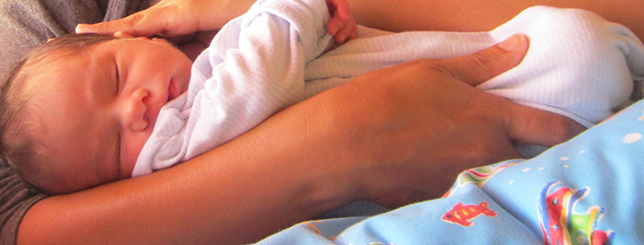
It’s a well-known fact among Montessori guides that if a child can accomplish an activity very well when you introduce it, you waited too long to give the presentation. Activities in the Montessori classroom have two objectives: the direct goal of teaching a certain skill, and the indirect – but equally important – purpose of supporting the child’s development. In other words, when you show a child how to wash a table, you are not so much concerned with his table-scrubbing prowess, but are more interested in encouraging the development of coordination, the ability to think logically and follow a sequence of steps, and a heightened awareness of the environment.
When you present an activity at the right time, and you come to terms with the fact that it won’t be done well for a while, you witness plenty of useful mistakes. I’ve seen buckets that get knocked over, bowls that overflow, sponges that refuse to take in more suds, and the comical bar of soap that won’t foam for lack of water (no matter how hard the little table washer rubs it on the dry table). But after several weeks of constantly practicing an activity that offers just the right amount of challenge, that same bewildered child will eventually demonstrate meticulous attention to detail, creative problem-solving, and dogged determination. The child might not have been ready to wash a table perfectly, but he was ready to develop certain executive functioning skills that will serve him throughout life.
This same concept can – and should – be applied to our dealings with babies and toddlers. If we fail to introduce an activity (or expectation) at the right time, we risk rebelliousness, misbehavior, and lack of interest. Unfortunately, what seems to be “the right time” is actually often too late! With babies, as with older children, the right time to introduce experiences is often before we think they’re ready. At fault is the baby’s inability to communicate their readiness in a language that we can easily comprehend. It takes patience and awareness to understand a baby, since the signs of readiness are very different from what we expect them to be. One of the roles of a Montessori home consultant is to serve as a “translator”, helping the parents understand what their child is trying to tell them.
In the coming weeks we’ll be looking at three main areas of parenting strife: eating, toileting, and sleeping. It can be difficult to know when a child is ready to feed himself, use the toilet, or sleep independently; missed cues can lead to major headaches. The Montessori alternative to the typical approach certainly requires some dedication and forethought on the part of the parents, but in the long run it will help everyone avoid a lot of stress. Please note that the Montessori approach is not a quick fix for chronic problems, but instead offers simple proactive measures to avoid many common issues. Pregnant moms and moms of newborns, take note!!!
Pilar Bewley is a Montessori-trained educator and parent. She received birth coaching and guidance for setting up her home environment from Jeanne-Marie, and her entire family has reaped the benefits! Pilar blogs about all things Montessori at The Full Montessori.

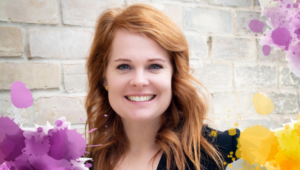


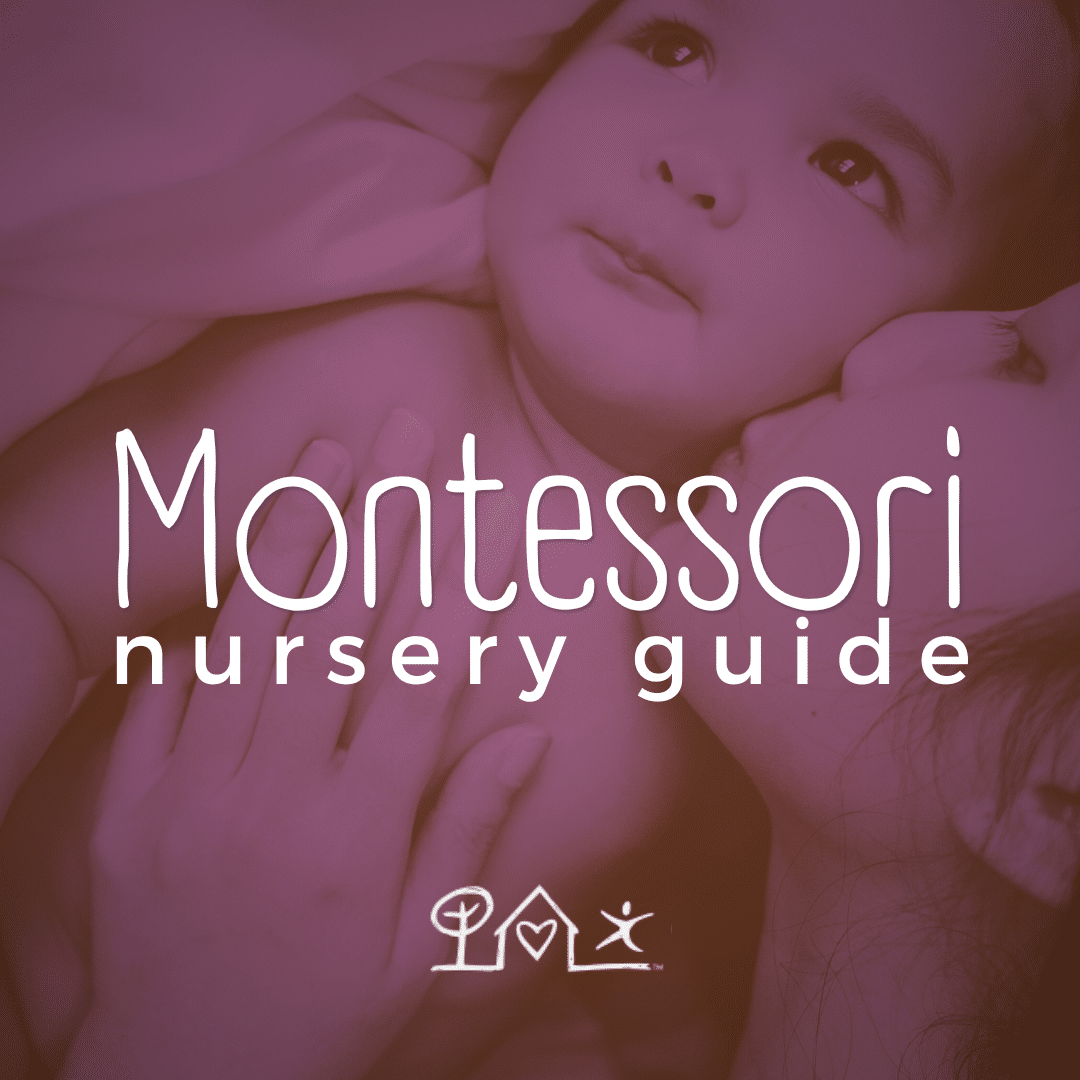
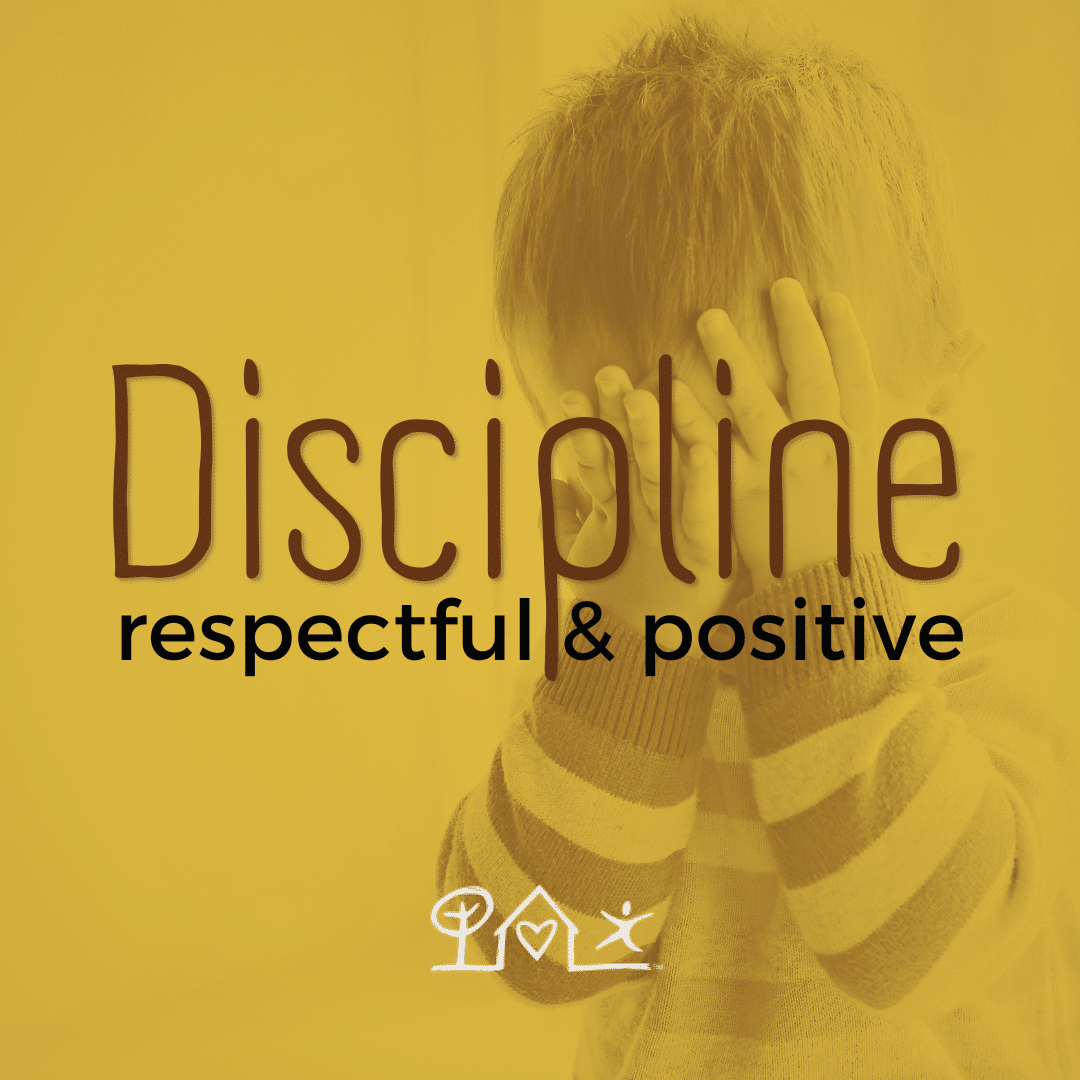
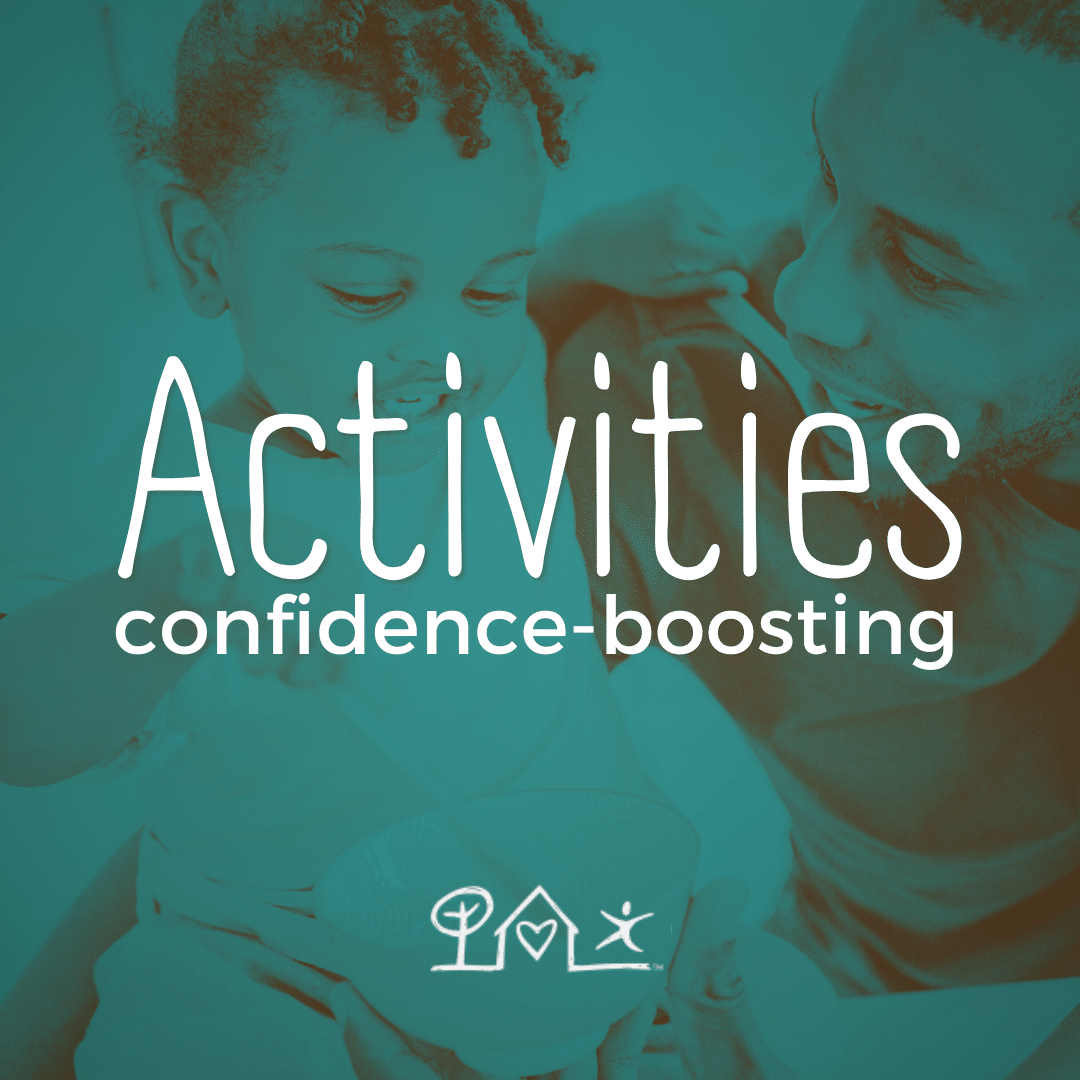
2 thoughts on “Eat, Poop, Sleep – Part 1 by Pilar Bewley”
I have a one month old and for all my Montessori training in primary and elementary, I’m completely at a loss to this stage and what to know in terms of reading their cues. it certainly is a unique and special stage in human development and I’m excited to be learning more about it.I look forward to reading more about these three areas for us in the home!
Christine, Congratulations you have started the wonderful adventure of parenthood. So glad you found this information useful. It is true that the first three years are so unique and full of so much development.
I recommend “Understanding the Human Being” by Dr. Montanaro if you have not yet read it, a short concise book about this period. The one advise I have is to be fully aware of your own intuition, follow it, you will realize that you understand more then you thought you could. Please feel free to contact me if you have further questions. Enjoy every stage of development they are all so amazing.